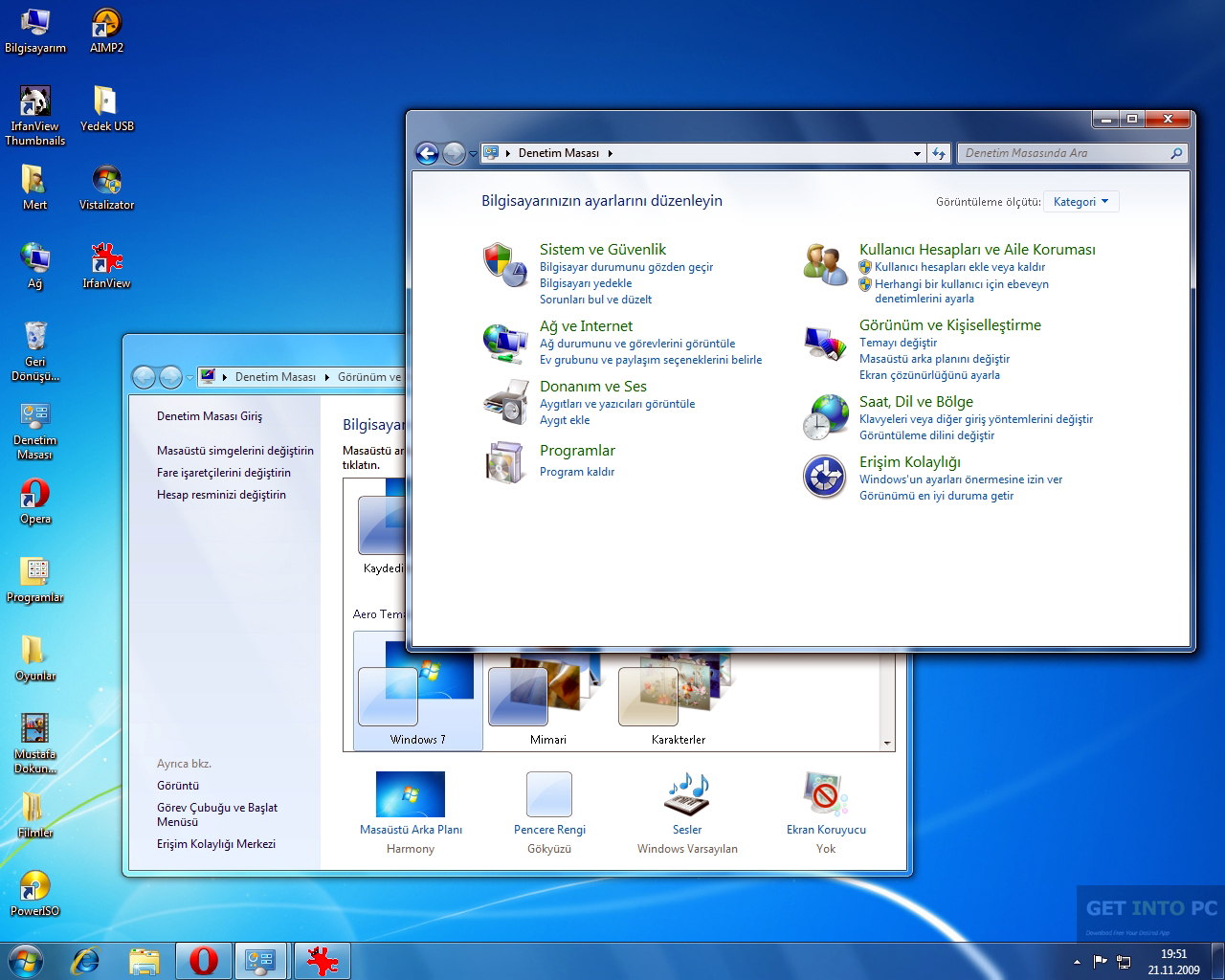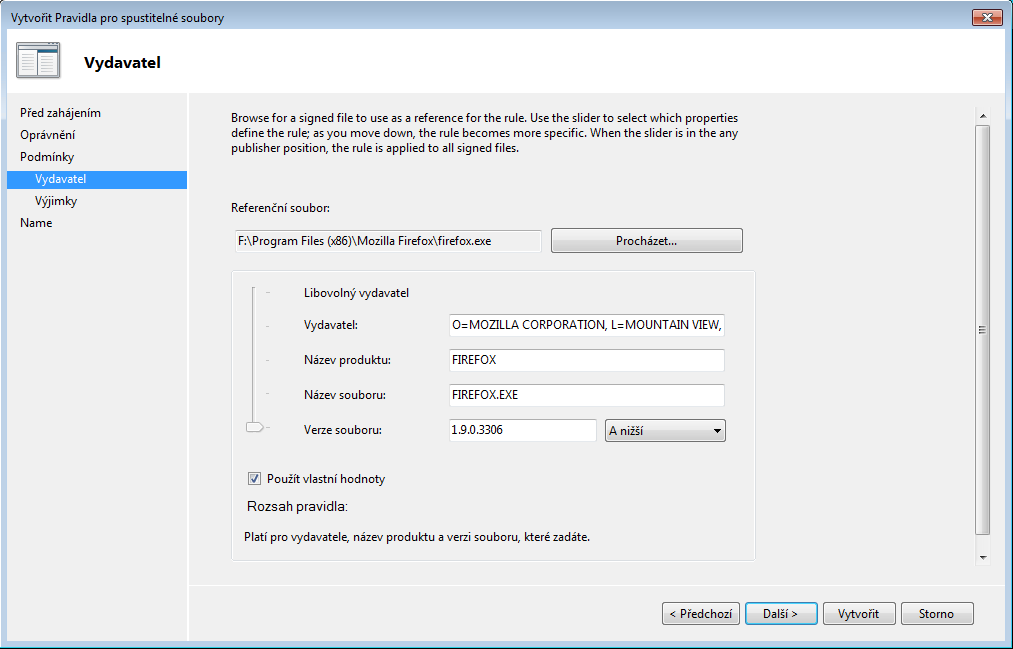

You can restrict the execution of a program to the publisher (for example, Microsoft), to the product name (Internet Explorer), to the file name (iexplore.exe), or to the file version (8.0.0.0). They allow you to work with different scopes. Certificates Rules usually work only with ActiveX controls that have an appropriate certificate, and these are very rare.įurthermore, Publisher Rules have more options than Certificate Rules.

In Vista and Windows 7, you can view this signature through the file properties of the executable. Most newer applications have a signature that can be used for Publisher Rules. However, Publisher Rules are more sophisticated. They are comparable to the Certificates Rules found in the Software Restriction Policies. Publisher Rules identify an application based on a digital signature of the application that was issued by the publisher. The major downside of this rule type is that you have to modify the rule whenever you update the program, because any kind of change to the executable will also change the hash. Hash Rules use a cryptographic hash of the executable to identify a legitimate program. Depending on the complexity of your environment, it can be time-consuming to keep track of legitimate program folders. The problem with this rule type is that users often also need to start applications from other locations-for example, from a file server.
WINDOWS 7 PROFESSIONAL APPLOCKER INSTALL
This is safe as long as end users are not allowed to install programs. For example, you can allow end users to launch applications only from the Windows Program Files folders. Path Rules enable you to restrict the execution of programs to a certain directory path.

Path Rules and Hash Rules are already available as part of the Software Restriction Policies. AppLocker supports three types of rules: Path Rules, File Hash Rules, and Publisher Rules.


 0 kommentar(er)
0 kommentar(er)
